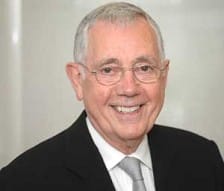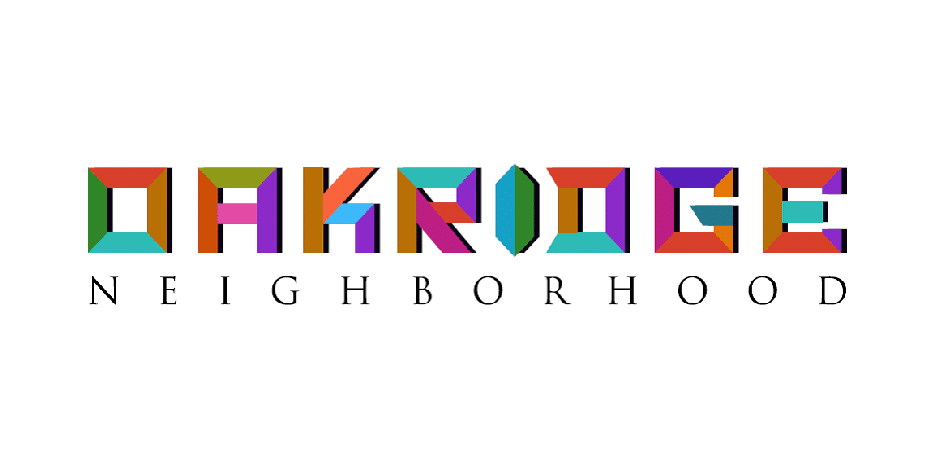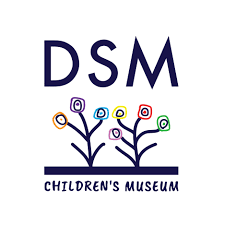An ad man takes a shot at the U.S. image abroad

Keith Reinhard has been called the last of the “mad men,” the freewheeling, super-creative advertising executives who spun a world of marketable images from little more than raw meat.
In Reinhard’s case, the reference to raw meat is almost literal. He spun the phrases “you deserve a break today” and “two-all-beef-patties-special-sauce-lettuce-cheese-pickles-onions-on-a-sesame-seed-bun” for McDonald’s Corp.
He is a member of the Advertising Hall of Fame.
He grew up in Indiana and became a star of Madison Avenue, the heart of the advertising world in New York City.
For nearly a decade, his campaign has focused on the United States and its image abroad.
Reinhard founded the nonprofit Business for Diplomatic Action Inc. in January 2002, based on an idea he hatched following the terrorist attacks of Sept. 11, 2001.
He had the audacity during testimony before Congress and in the wake of the terrorist attacks to ask what the United States had offered Muslim and Arabic youths as an alternative to the overtures of al-Qaeda.
U.S. foreign policy following the attacks destroyed much of the international good will that was expressed for the country in their immediate aftermath, Reinhard said.
Business for Diplomatic Action takes an apolitical, value-neutral approach to providing alternatives to a tarnished U.S. image created by foreign policy in recent years and, before that, the view that corporate interests pushed foreign policy decisions. The organization uses “citizen diplomacy” to counter a view of our culture that is largely defined in other countries by the entertainment media.
Reinhard was in Des Moines last week to speak at an event sponsored by the U.S. Center for Citizen Diplomacy, which is based in Des Moines and also operates under the belief that face-to-face contact between U.S. and international citizens is the best source of understanding.
In recent years, Reinhard’s organization has teamed up with the Center for Citizen Diplomacy and Young Arab Leaders of Dubai to establish a fellowship in which U.S. businesses, including several in Greater Des Moines, host business leaders from Arab countries.
MidAmerican Energy Co., Principal Financial Group Inc., Kemin Industries Inc., Wells Fargo Financial Inc. and Pioneer Hi-Bred International Inc. are among the local companies that participate in the program.
The program was launched in Des Moines, Chicago and New York to provide exposure to business practices but also to create an environment for social and cultural exchanges that could provide a more accurate view of U.S. corporate culture.
Those one-on-one encounters help to dash the image abroad, especially in Arab countries, that American culture revolves around violence, greed and promiscuity. It is a tough sell that attempts to counter an image that is created in large part by the entertainment industry.
Polls have found that Americans are admired for their ingenuity, hard work, creativity, youth culture and technological savvy, but those qualities often are overshadowed by impressions of a degenerate society.
Our negatives, according to the same studies, include materialism, the idea that we are corrupt, that our advocacy of globalization is meant to benefit only the United States and that we are both arrogant and ignorant – the thought that “we can’t lead when we don’t know anything about the world,” Reinhard said.
“In the hands of people who would do us harm, it creates the view that this is a godless enemy that we are fighting,” Reinhard said.
It leaves an impression on young people, who are “most attracted to that part that is the most explicit,” he said.
One project of the center is to take an inventory of the movies that portray the better qualities of American society and have had box office success in the last five or six years, then attempt to place them in broader circulation, Reinhard said.
In addition, people from Arab countries frequently are portrayed as villains in movies and television programs, he said.
“Why can’t a crime victim be an Arab businessman?” Reinhard said.
The way to counter the negative views of America is to find complaints that are accurate and correct them. For example, the “no child left behind” educational standards have focused on reading and mathematics at the expense of social studies and other disciplines that would give children a broader view of the world, he said.
Regarding those that Reinhard said are not true, such as the idea that “the U.S. wants to wipe Islam off the face of the earth,” we have to show that we welcome Muslims or any people into this country, as opposed to torquing down visa policies that restrict travel to and within this country.
Reinhard noted that a poll of Arabs age 34 or younger found that only one American – Microsoft Corp. founder Bill Gates – made their lists of “role models.”
On the other hand, another 40 percent of those surveyed said they would like to pursue business careers, and would prefer to acquire the tools to do so in the United States.
It is important to provide the tools to Arab youths.
“We all know that a job is more than a job,” he said. “It’s an identity; it’s a validation.”
Reinhard said he remains optimistic that his organization can accomplish its goals, although progress has been slower than he would like.
“I was hopeful that we could have made more progress,” he said. “But I always like to quote my old friend (McDonald’s founder) Ray Kroc … ‘There’s no future in pessimism.'”











